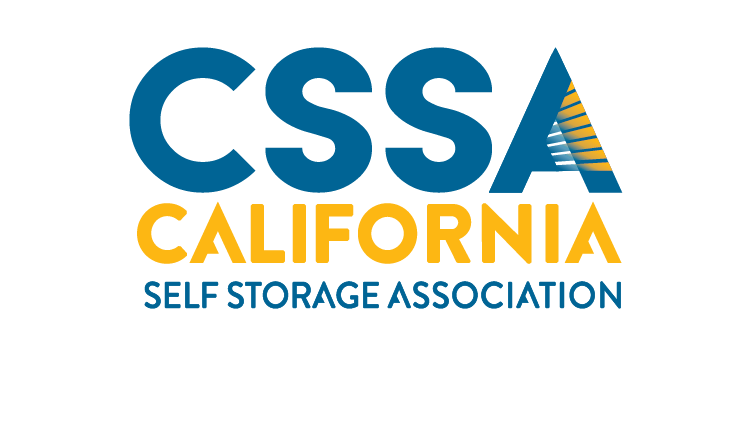|
LEGAL ALERT
The Rosenthal Act Being Used to Sue Businesses, Including Self Storage
The Rosenthal Fair Debt Collection Practices Act (Rosenthal Act) was passed in in 2020 is now being used by some attorneys to file lawsuits against businesses that are non-compliant (similar to attorneys using ADA laws to file lawsuits).
Several lawsuits have been filed against California and Florida self storage businesses regarding the violation of the Rosenthal Act.
What is this law?
The Rosenthal Fair Debt Collection Practices Act (Rosenthal Act) is a California law that governs debt collection agency practices for personal debts—including how and when a debt collector may contact an individual about money allegedly owed. The primary difference between the Rosenthal Act and the federal Fair Debt Collection Practices Act is that the Rosenthal Act is broader, and applies to original creditors in addition to third-party collectors.
The Rosenthal Act simplifies the FDCPA and applies to any person who, as part of their ordinary course of business, engages in debt collection—which it broadly defines as "any practice or act in connection with the collection of consumer debts." The Rosenthal Act also covers those who write or sell forms, letters and other collection media intended to be used for debt collection. Attorneys must also comply.
Subject to limited exceptions, debt collectors (which may include your managers/employees) in California must comply with both the Rosenthal Fair Debt Collection Practices Act and the federal Fair Debt Collection Practices Act.
What does this law include?
The Rosenthal Act includes several requirements such as:
- Specific hours and methods for contacting debtor
- Language restrictions when attempting to collect a debt
- Avoid misrepresentation
- Forbidden to communicate with debtor’s employer or family
- Non-disclosure (confidential) of debtor and debt
- Notification of debt discharge to due bankruptcy or other issues
CSSA Recommendations
- Review your policy and practices for contacting past-due accounts
- Simple rule: Owners should immediately limit all electronic communications (text, email, robo-calls and/or phone calls) to reasonable business hours i.e. 8 AM- 8PM daily.
- Consult your attorney for further modifications to your debt-collection practices to avoid lawsuits
Steve Mirabito Ross Hutchings
CSSA Legislative & Legal Chair CSSA Executive Director

|
